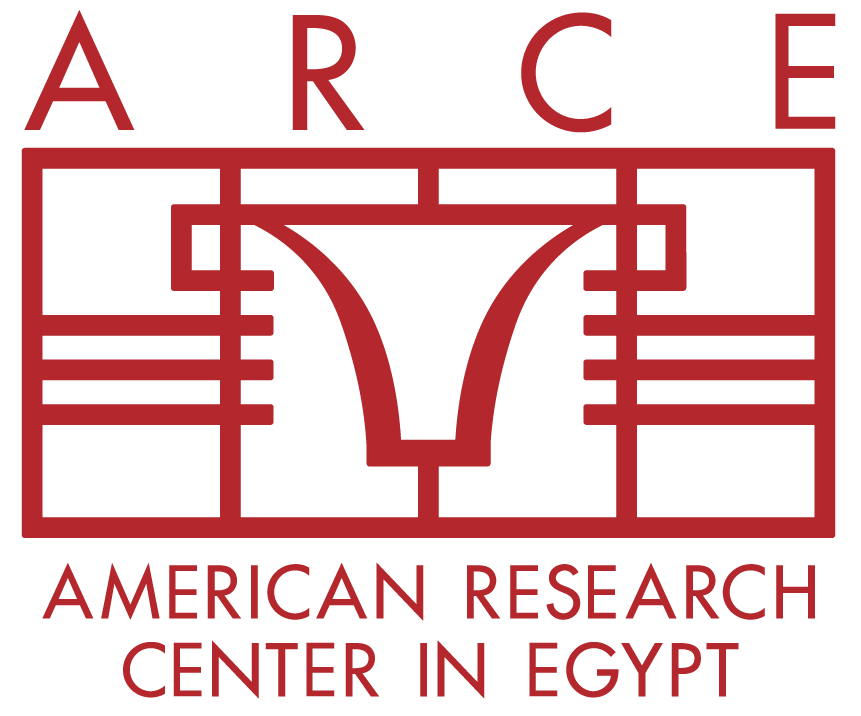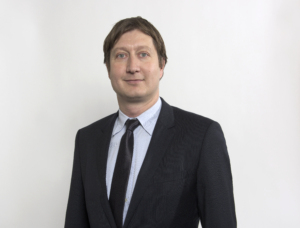
13
AprIn-Person Lecture: Biomedical secrets of Ancient Egyptian Mummies
Registration is Required
Presented by: Professor Frank Rühli
- 6:30 PM ET
- The Lyceum 201 S Washington Street Alexandria, VA 22314
- + Add to Calendar
Lecture Information
The Swiss Mummy Project is a transdisciplinary research project which aims to examine biomedical and cultural aspects of especially Ancient Egyptian mummies. It is based at the Institute of Evolutionary Medicine (IEM), University of Zurich. State-of-the-art technologies such as in-situ X-ray, CT scanning or physico-chemical methods allow to analyse human remains more in depth than ever. Based on our interdisciplinary work e.g., in the Valley of The Kings or on Pharaoh Tutankhamun information about e.g., life conditions, pathologies, death or mummification procedures can be assessed. Also, related ethical aspects and future research possibilities will be addressed during this talk. This presentation shall finally emphasize the enormous scientific and societal impact of biomedical research on ancient Egyptian mummies in general.
Speaker Bio
 Frank Rühli is Founding Chair (Full Professor) and Director of the Institute of Evolutionary Medicine, as well as Dean of the Medical Faculty, University of Zurich, Switzerland. He has / had multiple visiting Professorships (a.o. NTU Singapore, The University of Adelaide). Since c. 25 years he heads the Swiss Mummy Project and has examined hundreds of mummies globally. His active work experience in Egypt includes sites in Saqqara, Valley of the Kings, Sheikh Abd el-Qurna, el-Assasif / Khokha or at the Egyptian Museum Cairo. His main research interest are: Paleoradiology (x-ray, CT, MRI, Terahertz), ethical aspects of mummy studies, histological analyses, ancient DNA studies, anthropometric research, the study of embalming techniques and experimental mummification. He has given lectures and workshops in Egypt in Cairo, Luxor, Fayum and Bahariya. His mummy-related work has been funded a.o. by the Swiss National Science Foundation, The German Science Foundation and the Swiss Federal Office of Culture.
Frank Rühli is Founding Chair (Full Professor) and Director of the Institute of Evolutionary Medicine, as well as Dean of the Medical Faculty, University of Zurich, Switzerland. He has / had multiple visiting Professorships (a.o. NTU Singapore, The University of Adelaide). Since c. 25 years he heads the Swiss Mummy Project and has examined hundreds of mummies globally. His active work experience in Egypt includes sites in Saqqara, Valley of the Kings, Sheikh Abd el-Qurna, el-Assasif / Khokha or at the Egyptian Museum Cairo. His main research interest are: Paleoradiology (x-ray, CT, MRI, Terahertz), ethical aspects of mummy studies, histological analyses, ancient DNA studies, anthropometric research, the study of embalming techniques and experimental mummification. He has given lectures and workshops in Egypt in Cairo, Luxor, Fayum and Bahariya. His mummy-related work has been funded a.o. by the Swiss National Science Foundation, The German Science Foundation and the Swiss Federal Office of Culture.
